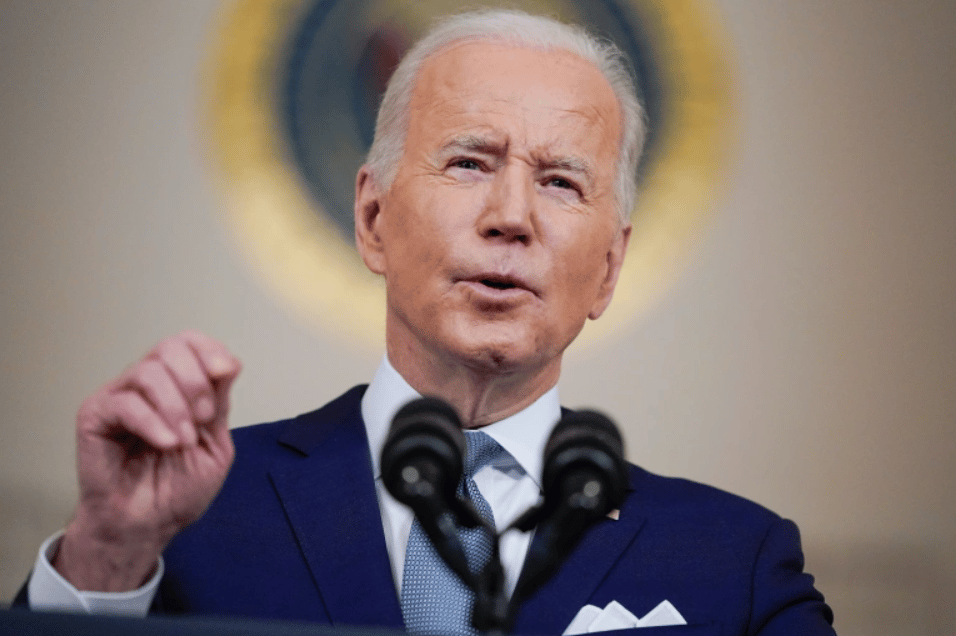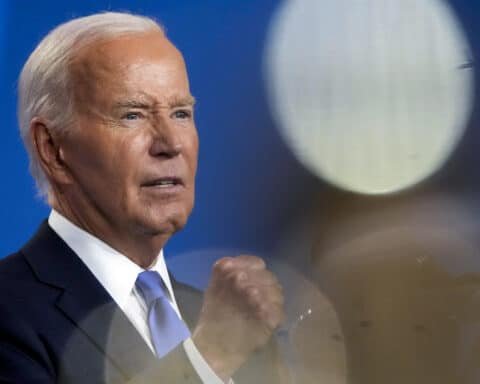In a significant shift in U.S. foreign policy, President Biden has officially terminated the national emergency declared against Zimbabwe in 2003, along with subsequent executive orders aimed at addressing concerns over democratic processes and human rights abuses in the African nation. This move, announced through a new executive order, marks the end of nearly two decades of economic and political sanctions targeting certain members of the Zimbabwean government and other individuals.
The initial declaration of a national emergency in Executive Order 13288 by President George W. Bush in March 2003, and its expansions in 2005 and 2008, were predicated on the actions and policies of certain Zimbabwean government members and others undermining the country’s democratic institutions. These measures were intensified with additional steps taken to address escalating concerns over violence, human rights abuses, and public corruption.
President Biden, while acknowledging ongoing concerns, stated that the conditions that necessitated the original and subsequent orders have sufficiently changed, rendering the declaration of a national emergency unnecessary. This decision reflects a notable shift in the U.S. stance towards Zimbabwe, indicating a potential thaw in bilateral relations that have been strained for years.
Section 1 of the new executive order clarifies that the termination of the national emergency will not affect any actions or proceedings that were pending or not fully concluded as of the date of this order, nor will it impact any rights, duties, or penalties that arose prior to this termination.
Furthermore, the order emphasizes that its provisions should not be construed to impair the legal authority of any executive department or agency or affect the functions of the Director of the Office of Management and Budget. It also states that the termination of the emergency order does not create any new legal rights or benefits enforceable against the United States or its entities.
This policy shift opens a new chapter in U.S.-Zimbabwe relations, potentially paving the way for increased diplomatic engagement and cooperation. However, it remains to be seen how this decision will impact the situation on the ground in Zimbabwe, especially regarding human rights and democratic governance.








